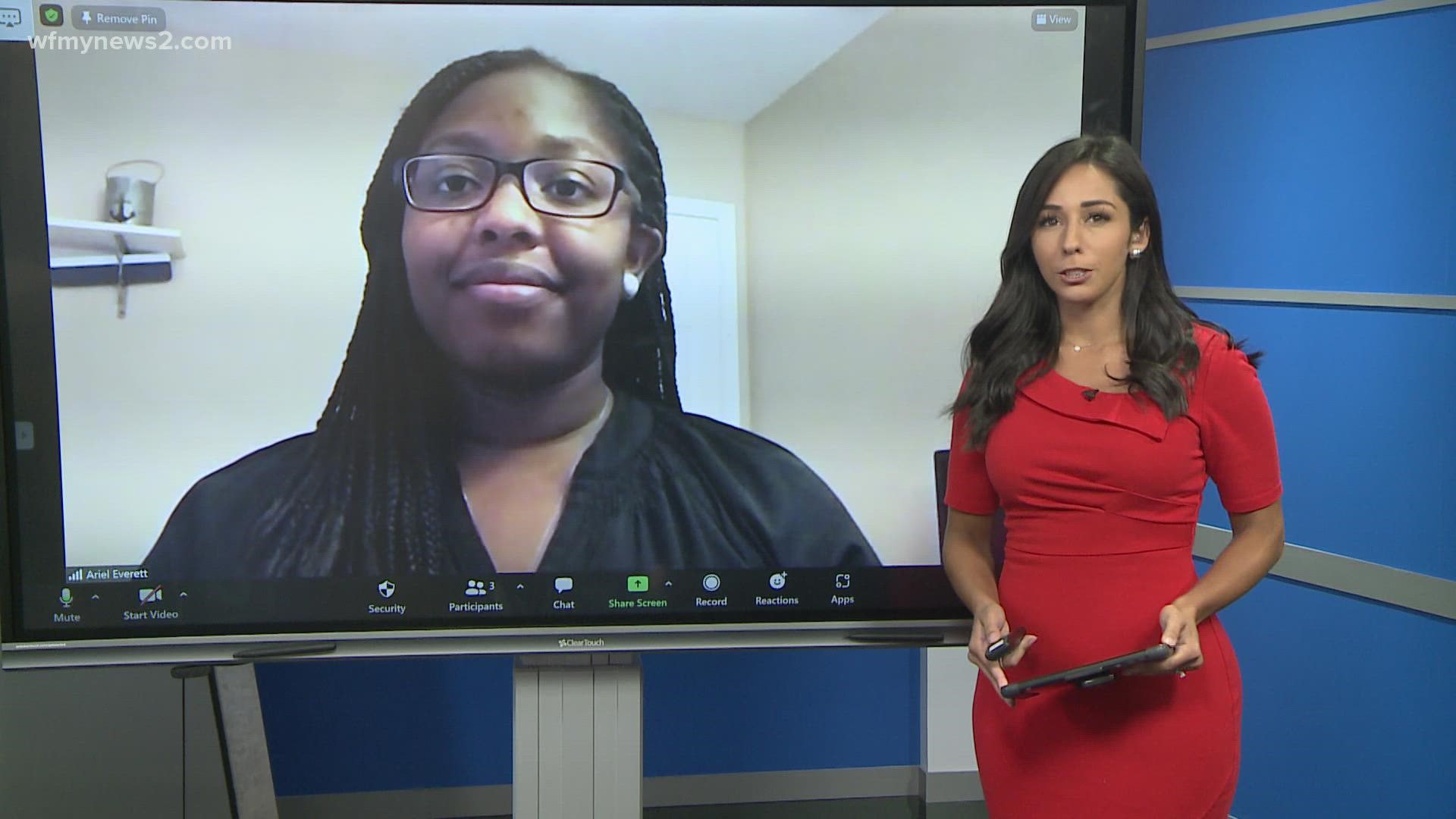It is hard to believe, but science tells us that 80% of brain growth occurs by age three. That brain growth is critical to kindergarten, school, and career and life success. Understanding basic math skills at an early age is a key foundation for success in life.
Scientists at Harvard developed The Basics: five free, simple ways for parents and caregivers to grow their children’s brains. And because math is such an important skill, one of The Basics is focused on it: Count, Group and Compare.
Infants’ and toddlers’ brains are wired to learn simple math ideas, like small numbers, patterns, and making comparisons. That’s why teaching your child early math skills ensures success later in life.
Parents don’t need to be a math teacher or good at math themselves to help their child be a problem solver. Counting, grouping and comparing in everyday tasks and routines with is easy! For example, when you take your child to the grocery store, you can count the produce as you place it into bags. Say, “we need four red and three green apples.” You can count each color individually as you place them into the bag. This builds early number skills in babies’ brains. Or, involve your child in simple household tasks. When you’re doing laundry, have your toddler sort the laundry into different color piles. You can ask them to bring you the red clothes and count with them as your drop the items into the washer.
Parents don’t need to have hours of free time to use The Basics with their child. For example, using positional words like pointing out the cars in front of you or beside you when pulling out of a parking spot can grow your child’s spatial awareness. Or, in the bath, give your child a container to scoop and dump water. Use words like “in” and “out,” “full” and “empty.” When reading books together, compare the size or shape of the characters. There are also lots of books that incorporate numbers into the stories, like “Feast for 10” or “Chicka Chicka 1, 2, 3” that use numbers in a fun way.
Parents, don’t be afraid to start small and make it fun! Introducing your child to math skills early makes it much less scary later in life. For tips on ways to Count, Group and Compare with your child and more of The Basics, visit guilfordbasics.org.

